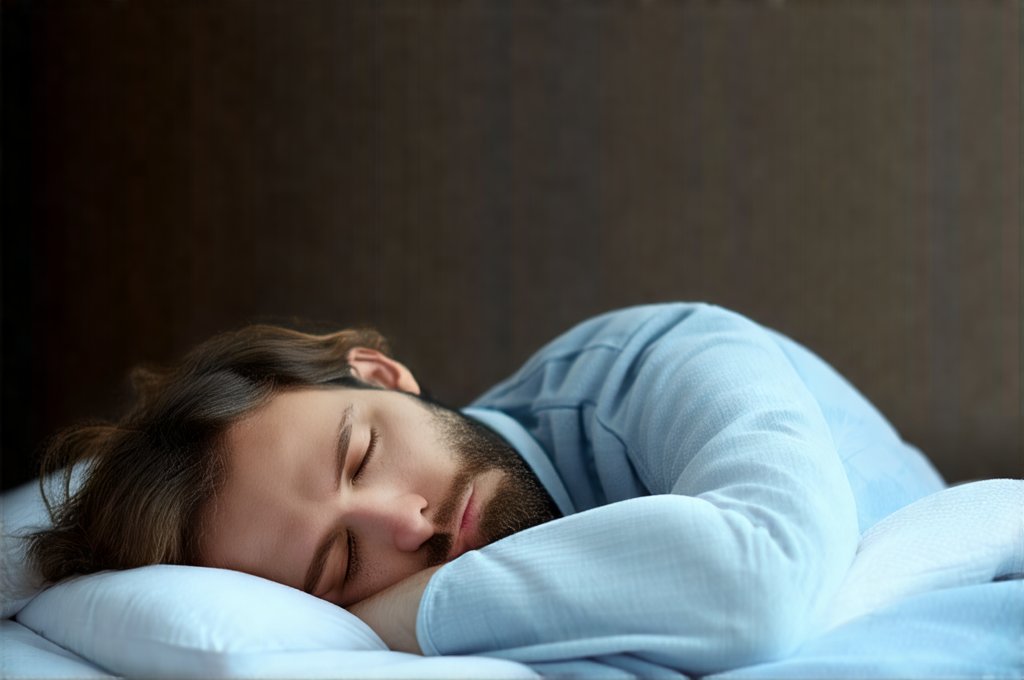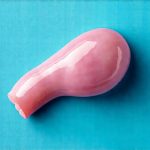Individuals experiencing interstitial cystitis (IC) often report a complex interplay between their bladder symptoms and other health conditions. Among these, sleep disorders emerge as a frequently co-occurring issue, raising questions about the nature of their relationship. It’s not merely that IC can disrupt sleep – the chronic pain and frequent urination inherent in the condition certainly contribute to insomnia and fragmented sleep patterns. However, there’s growing evidence suggesting a bidirectional link: that sleep itself may significantly influence the perception and severity of IC symptoms. This isn’t just about feeling more tired when your bladder flares; it’s about how inadequate or disrupted sleep can potentially amplify pain signals, alter inflammatory responses, and even impact the nervous system in ways that exacerbate IC symptoms.
The connection between chronic pain conditions like IC and sleep disturbances is deeply rooted in neurobiological mechanisms. When we sleep, our bodies engage in crucial restorative processes, including modulation of the central nervous system’s processing of pain. Poor sleep disrupts these processes, leading to increased sensitivity to pain signals and reduced coping capacity. For individuals with IC, this can translate into a vicious cycle where bladder discomfort interferes with sleep, which then intensifies pain, further disrupting sleep. Understanding this dynamic is vital because it highlights the potential for integrated treatment approaches that address both IC symptoms and underlying sleep disorders – rather than treating them as separate entities. Recognizing this interplay also emphasizes the importance of prioritizing good sleep hygiene as part of a comprehensive IC management plan. It’s also important to consider if do UTIs interfere with your ability to rest, too.
The Intertwined Biology: Pain, Inflammation and Sleep Disruption
The link between IC symptoms and sleep disturbances isn’t simply psychological; it’s firmly grounded in physiological processes. Chronic pain conditions like IC are often associated with central sensitization, where the nervous system becomes hypersensitive to stimuli. This means that even mild bladder filling or pressure can be perceived as intensely painful. Sleep deprivation exacerbates this process by increasing levels of pro-inflammatory cytokines – signaling molecules that amplify pain signals and contribute to neuroinflammation. – Increased inflammation impacts the bladder lining, potentially worsening IC symptoms.
– Disrupted sleep alters the hypothalamic-pituitary-adrenal (HPA) axis, leading to dysregulation of stress hormones like cortisol. This can further exacerbate both pain and inflammation.
– Sleep is critical for neuronal plasticity – the brain’s ability to reorganize itself by forming new neural connections. Poor sleep impairs this process, hindering the nervous system’s capacity to adapt and reduce pain sensitivity over time.
Furthermore, research has demonstrated that individuals with chronic pain often exhibit altered brain activity in regions involved in pain processing during sleep. Specifically, there can be increased activation of areas associated with nociception (pain perception) even in the absence of external stimuli. This suggests that the brain remains “on guard” and hypervigilant to potential pain signals, making it more difficult to achieve restful, restorative sleep. The cycle is often self-perpetuating: poor sleep leads to increased pain sensitivity, which disrupts sleep further, creating a feedback loop. Addressing both components simultaneously – managing IC symptoms and improving sleep quality – is essential for breaking this cycle and improving overall well-being. You may also want to understand why bladder symptoms change as you age, which could impact your sleep.
Treatment Implications: A Holistic Approach
Given the strong connection between IC symptoms and sleep disorders, treatment strategies should move beyond solely addressing bladder pain to incorporate comprehensive approaches that target both aspects. Traditional IC treatments like pelvic floor physical therapy, medications (e.g., pentosan polysulfate sodium, amitriptyline), and lifestyle modifications remain important, but they may be more effective when combined with interventions aimed at improving sleep quality. – Cognitive Behavioral Therapy for Insomnia (CBT-I) is a highly effective non-pharmacological treatment for insomnia that focuses on changing thoughts and behaviors related to sleep.
– Sleep hygiene education – establishing regular sleep schedules, creating a relaxing bedtime routine, optimizing the sleep environment – can significantly improve sleep quality.
– Pharmacological interventions for sleep should be used cautiously and under medical supervision, as some medications can have side effects or interact with other IC treatments. Melatonin, low-dose antidepressants (e.g., amitriptyline) are sometimes used off-label to aid in sleep but require careful consideration and monitoring.
Importantly, treatment plans should be individualized based on the specific needs and characteristics of each patient. A thorough assessment should include evaluating both IC symptoms and sleep patterns, as well as identifying any underlying factors contributing to either condition (e.g., stress, anxiety, depression). It’s also crucial to educate patients about the connection between IC and sleep, empowering them to take an active role in their own care. A multidisciplinary approach involving physicians specializing in urology, pain management, and sleep medicine can be particularly beneficial for complex cases.
Addressing Comorbidities: Anxiety, Depression & Pain Catastrophizing
Anxiety and depression are frequently comorbid with both IC and sleep disorders, creating a complex web of interconnected symptoms. These mental health conditions can significantly exacerbate pain perception, interfere with sleep quality, and reduce coping mechanisms. – Treating underlying anxiety or depression through psychotherapy (e.g., cognitive behavioral therapy) or medication can often lead to improvements in both IC symptoms and sleep.
– Pain catastrophizing – a tendency to dwell on the negative aspects of pain and anticipate the worst possible outcomes – is another common feature of chronic pain conditions. This can amplify pain signals, increase anxiety, and disrupt sleep.
Addressing pain catastrophizing through cognitive restructuring techniques (challenging negative thoughts) and coping skills training can help patients develop more adaptive strategies for managing their pain and improving their overall well-being. Mindfulness-based interventions can also be helpful in reducing rumination and promoting acceptance of chronic pain. It’s important to recognize that the emotional component of IC is often just as significant as the physical symptoms, and addressing these psychological factors can play a vital role in treatment success. Sometimes low iron levels could exacerbate this, too.
The Role of Pelvic Floor Dysfunction & Sleep Quality
Pelvic floor dysfunction (PFD) is highly prevalent in individuals with IC and can contribute significantly to bladder pain and urinary frequency. PFD involves abnormalities in the muscles that support the pelvic organs, leading to muscle tension, spasms, and impaired coordination. – Muscle tension can restrict blood flow to the bladder and surrounding tissues, exacerbating pain symptoms.
– PFD can also interfere with sleep by creating a sense of discomfort or pressure in the pelvic region.
Pelvic floor physical therapy aims to restore normal muscle function through exercises, manual techniques, and biofeedback. By releasing tension and improving coordination, PFD treatment can reduce bladder pain, improve urinary control, and potentially enhance sleep quality. In addition, addressing PFD can also help alleviate stress on the nervous system, which may further contribute to improved sleep. A skilled pelvic floor therapist can assess muscle function and develop a tailored treatment plan based on individual needs.
Optimizing Sleep Hygiene & Environmental Factors
Even with comprehensive treatment plans, optimizing sleep hygiene is crucial for maximizing improvements in IC symptoms and overall well-being. This involves establishing regular sleep schedules, creating a relaxing bedtime routine, and optimizing the sleep environment. – Maintain consistent wake and sleep times, even on weekends, to regulate your body’s natural circadian rhythm.
– Create a dark, quiet, and cool sleep environment. Use blackout curtains, earplugs, or a white noise machine if necessary.
– Avoid caffeine, alcohol, and heavy meals before bedtime.
– Engage in relaxing activities before bed, such as taking a warm bath, reading a book, or listening to calming music.
– Limit screen time (phones, tablets, computers) for at least an hour before bed, as blue light emitted from these devices can interfere with sleep.
Addressing environmental factors and prioritizing good sleep hygiene are relatively simple steps that patients can take on their own to improve sleep quality and potentially reduce IC symptoms. It’s a proactive approach that empowers individuals to take control of their health and well-being.





















